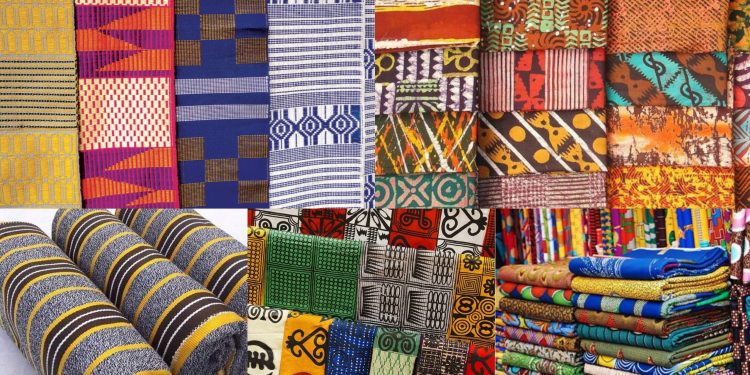The Government of Ghana has announced an ambitious plan to scale up the country’s textile and garment manufacturing industry to a US$2 billion market value by 2033, as part of a major economic transformation agenda.
According to projections shared by the Ministry of Trade, Agribusiness, and Industry, the expansion drive is expected to attract US$1.2 billion in new investments, create approximately 150,000 direct and indirect jobs, and revive cotton cultivation on 50,000 hectares of farmland across the country.
The bold targets were outlined during a stakeholder validation workshop held in Accra to review the draft Textiles and Garment Manufacturing Policy, which is currently under development.
Addressing the gathering, Deputy Minister Samson Ahi reaffirmed the government’s unwavering commitment to industrial growth and job creation, particularly in sectors with high employment potential like textiles and garments.
“We aim to scale the industry to a value of over US$2 billion, attract US$1.2 billion in new investments, create 150,000 jobs, and ensure quality cotton production across 50,000 hectares of farmland,” he said.
He emphasized that the success of the plan depends on a unified national effort:
“These objectives are ambitious, but they are achievable through collective effort. Today’s workshop is not just about reviewing a document; it is about setting a shared roadmap that will shape the future of the industry.”
Also speaking at the event, Minister for Labour, Jobs, and Employment Dr. Abdul-Rashid Pelpuo called for an inclusive policy framework that ensures fair access to jobs, especially for women and young people.
He cautioned against recruitment practices based on political affiliation or personal connections.
“Do not create policies that lead to overstaffing or political favoritism. Hire people based on their competence and capacity to drive change,” Dr. Pelpuo said.
“Our focus should be on building a future for young people. At the time we took over, nearly 15% of youth were unemployed. We need a mindset reset—a reset of the economy.”
The Textiles and Garment Manufacturing Policy, once finalized, is expected to serve as a comprehensive roadmap for repositioning Ghana as a hub for apparel production in Africa.
The strategy includes strengthening the entire value chain—from cotton cultivation and ginning to fabric processing and garment finishing—while enhancing export competitiveness and promoting “Made in Ghana” brands globally.
Click the link Puretvonline.com | WhatsApp Channel to join the WhatsApp channel
GOT A STORY?
Contact/WhatsApp: +233243201960 or Email: manuelnkansah33@gmail.com

